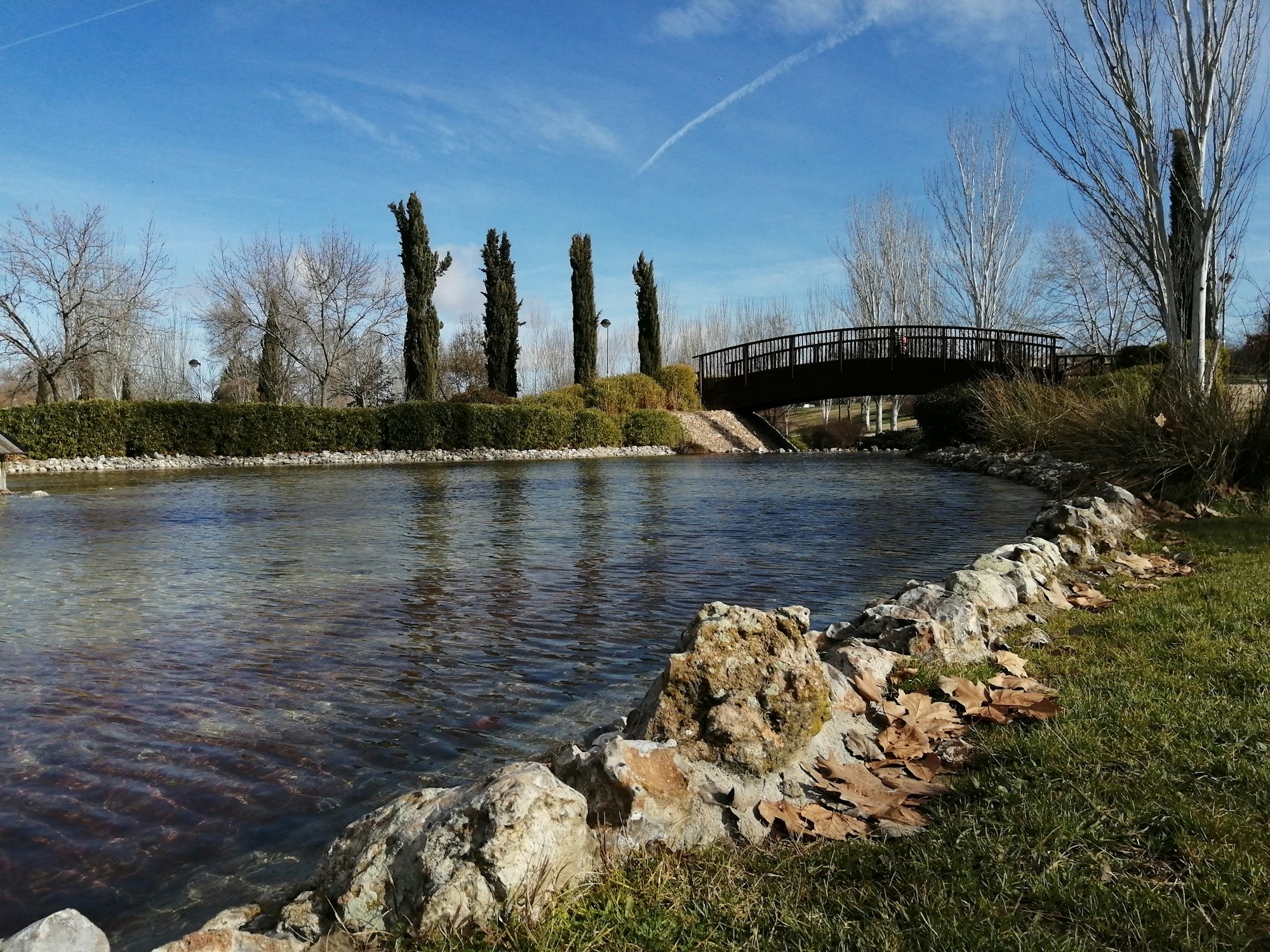Exploring Tilos: History, Customs, Festivals, and Traditions
Uncover Tilos' rich history, vibrant customs, and unique festivals in this all-encompassing exploration of the Greek island.

Exploring Tilos: A Comprehensive Travel Guide
Introduction
Welcome to Tilos, a hidden gem nestled in the Dodecanese archipelago of Greece. This guide will take you through the rich history, vibrant customs, lively festivals, and enduring traditions of this enchanting island. Whether you are a history buff, a culture enthusiast, or simply an adventurous traveler, Tilos has something unique to offer everyone.
History of Tilos
The history of Tilos is deeply intertwined with the broader history of the Aegean Sea. The island’s name has been mentioned in numerous ancient texts, and it is closely associated with mythological tales. This section delves into various periods of Tilos’s history, from antiquity to modern times.
Ancient Times
Tilos’s ancient history stretches back to pre-classical times. Archaeological evidence suggests that the island was inhabited as early as the Neolithic period. Tilos was reportedly named after the youngest son of the sun god Helios and the nymph Neaera. According to legend, Tilos visited the island to collect herbs to cure his mother's illness, and later returned to build a temple in her honor.
Classical and Hellenistic Periods
During the Classical period, Tilos was renowned for its poets, particularly Erinna, a contemporary and friend of Sappho. In the Hellenistic period, the island fell under the sphere of the Ptolemies of Egypt and later became part of the Roman Empire.
Medieval and Modern History
In the Medieval era, Tilos was absorbed into the Byzantine Empire, followed by periods of Venetian and Ottoman rule. Post-World War II, Tilos, along with other Dodecanese islands, was unified with Greece. The island experienced substantial migration but now enjoys a slow yet steady revival, with efforts to boost sustainable tourism.
Customs and Cultural Practices
Tilos’s culture is an amalgamation of influences from its multifaceted historical timelines. The island has preserved various customs that give visitors a glimpse into its rich cultural tapestry.
Social Norms and Etiquette
- Hospitality: Known for its warm hospitality, Tilos is a place where visitors are often treated like family.
- Dress Code: Modesty in dress is recommended, especially when visiting religious sites.
- Greetings: A handshake or a cheek kiss is common when meeting someone.
Traditional Music and Dance
Music and dance are integral to Tilos’s cultural life. Local events often feature performances of traditional dance forms like the kalamatianos and sirtaki accompanied by folk instruments such as the bouzouki and laouto.
Festivals and Celebrations
Tilos’s calendar is dotted with various festivals that reflect its cultural heritage. This section explores the most significant festivals celebrated on the island.
Religious Festivals
- Feast of Agios Panteleimon: Celebrated on July 27, this is one of Tilos’s most prominent religious festivals. It includes religious ceremonies, traditional music, and dance.
- Easter: Easter is celebrated with great fervor, complete with processions, feasts, and the ritual cracking of red-dyed eggs.
Cultural Festivals
- Tilos Summer Festival: Held in the summer months, this festival is a spectacular display of music, dance, and local crafts. It aims to promote cultural heritage and tourism.
- Feast of the Dormition: Celebrated on August 15th, the Feast of the Dormition is another significant religious and cultural event involving extensive feasting and communal gatherings.
Local Anecdotes
A story often told by the locals is the tale of the hidden treasure of the Knights Hospitaller. Legends say that during the medieval period, the knights buried a treasure on the island, which remains undiscovered to this day. This story adds a sense of intrigue and mystery to Tilos’s already rich historical narrative.
Interesting Facts
There are numerous interesting facts about Tilos that make it a uniquely fascinating destination:
- Biodiversity: Tilos is a protected nature reserve and is home to diverse flora and fauna, including several endangered species.
- Eco-Friendly Initiatives: The island is pushing towards becoming completely energy-independent using renewable sources.
- Ancient Elephants: Fossils of dwarf elephants, dating back about 45,000 to 4,000 years, have been found in the cave of Charkadio, showcasing the island’s prehistoric past.
